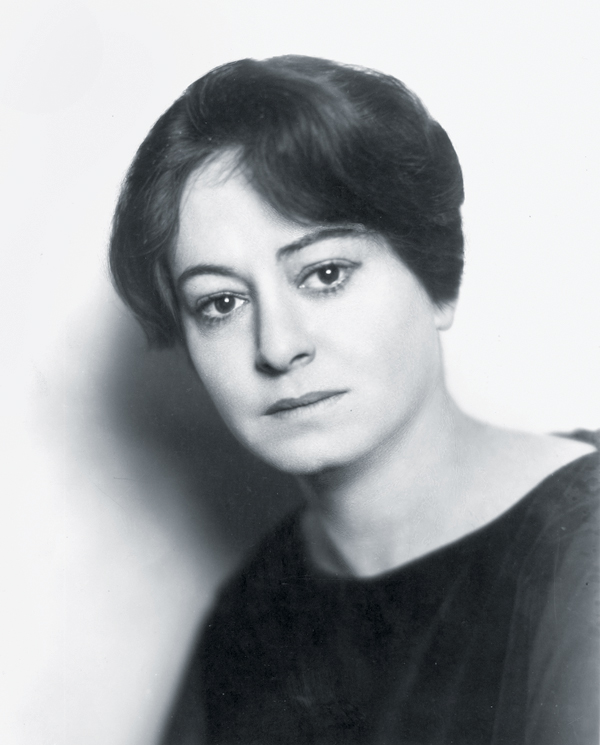Parker, Dorothy (1893-1967), was an American poet and short-story writer. She also won fame for her witty conversation and literary criticism.

Most of Parker’s verse and stories express a humorous but cynical disappointment with life. She often wrote in a biting, ironic style about the loss of love and idealism. Her precise use of language gives her writing a crisp, conversational tone. One of her most quoted poems, “News Item” (1926), observes that “Men seldom make passes/At girls who wear glasses.” Parker’s poetry was published in Enough Rope (1926), Sunset Gun (1928), and Death and Taxes (1931).
In her short stories, Parker examined the hypocrisy of modern society while showing compassion for its victims. Here Lies (1939), a collection of these stories, includes such works as “Mr. Durant” (1924) and “Big Blonde” (1929).
Parker began her literary career in 1916 as a writer for a women’s magazine. In 1925, she became one of The New Yorker magazine’s first regular contributors. She wrote for the magazine’s book review column for several years. Parker’s book reviews were published in Constant Reader (1970), a book named for the title of the column.
During the 1920’s, Parker belonged to the Algonquin Round Table, a group of famous writers who met regularly at the Algonquin Hotel in New York City. She became known for her quick-witted quips. For example, when told that the solemn President Calvin Coolidge had died, she asked, “How could they tell?”
Dorothy Rothschild Parker was born on Aug. 22, 1893, in West End (now part of Long Branch), New Jersey, and spent most of her life in New York City. She wrote under her married name, though she divorced Edwin Pond Parker in 1928. She died on June 7, 1967.
